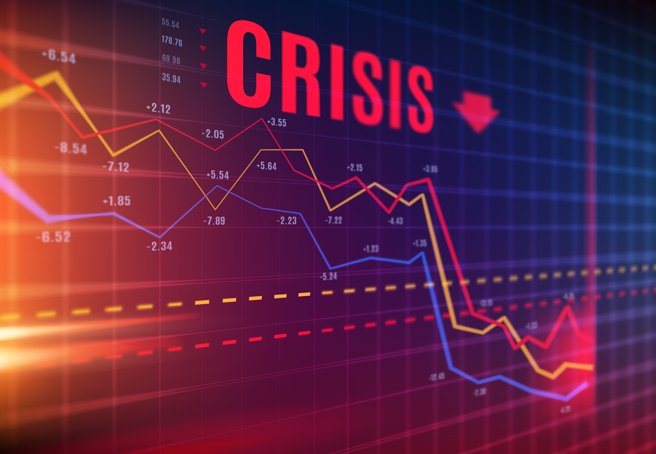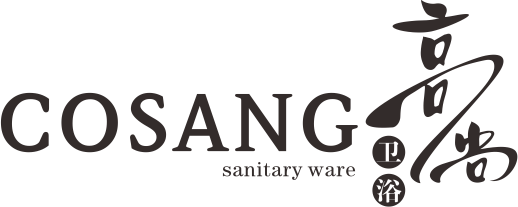
The shadow of global economic recession has triggered profound changes in bathroom product consumption habits. While the overall market shrank by 12% in 2023, certain segments showed surprising growth, revealing new consumer values.
Structural upgrades within downgrading emerge as the most notable trend. As high-end smart toilet sales dropped 23%, mid-range practical alternatives grew 17%. Consumers now prioritize core functions over fancy features – water-saving toilet searches surged 182%, and entry-level smart toilets with basic functions gained popularity. One international brand’s simplified “Essentials” series, offering 80% core features at 40% lower price, set quarterly sales records.
Repair economy is booming. Replacement cycles extended from 5-7 to 8-10 years, with spare parts sales up 35%. Modular designs allowing component replacement (like detachable toilet lids or service-friendly faucets) win preference. A German brand’s “Lifetime” series guaranteeing 15-year parts availability succeeded remarkably in Western markets.
Channel migration accelerated. Online sales share jumped from 18% (2019) to 43% (2023). Consumers use 3D visualization tools for DIY bathroom design, with AR try-on feature usage up 270%. Livestream sales became a new growth driver – one domestic brand’s promotional sets achieved ¥20 million in single-session sales.
Local substitution gained momentum. Imported premium brand sales fell 31% while quality domestic brands grew 22%. Consumers found comparable domestic products priced at just 40-60% of imports. A Zhejiang manufacturer’s “dupe” smart toilet seat matching Japanese flagship performance at one-third price sold 500,000 units annually.
Multifunctional products thrived. Space-saving combos (like vanity-disinfectors or shower-laundry units) grew 28% against the trend. The “4-in-1” vanity (sink, storage, washer, makeup station) became a compact-home hit.
Green consumption turned essential. Eco-friendly bathroom products maintained 9% growth despite market contraction. Consumers accept 15-20% premiums for 30%+ water savings, with solar water heater inquiries up 85%. A Swedish brand’s 100% recyclable “Zero” series faces shortages in Western markets.
Industry analysts suggest these behavioral shifts may persist post-recession. Companies must holistically adapt product design, pricing, and services to compete in this new era of rational, eco-conscious consumption.



